


National Evaluation Consultant to Conduct the Gender-Responsive Cluster Evaluation
18.11.2020
| Brand : | UNWomen |
|---|---|
| Practice Area : | Gender Equality |
| Application Deadline : | 23-Nov-20 |
| Type of Contract : | Individual Contract |
| Post Type and Level : | National Consultant |
| Duty Station : | Home-based, with possible travel to Donetsk, Luhansk and Zaporizhzhia regions, UKRAINE |
|---|---|
| Languages Required : |
English |
| Starting Date : (date when the selected candidate is expected to start) |
15-Dec-2020 |
| Duration of Initial Contract : | 30 days between 15 December 2020 and 15 May 2021 |
| Background: | |||||||||||||||||||||||||
|---|---|---|---|---|---|---|---|---|---|---|---|---|---|---|---|---|---|---|---|---|---|---|---|---|---|
|
UN Women, grounded in the vision of equality enshrined in the Charter of the United Nations, works for the elimination of discrimination against women and girls; the empowerment of women; and the achievement of equality between women and men as partners and beneficiaries of development, human rights, humanitarian action and peace and security. UN Women Ukraine implements its Country Strategy for 2018-2022, covering the following thematic areas: 1) Making gender equality priorities central to national reforms, governance, planning and budgeting; 2) Ending violence against women and girls; and 3) Strengthening implementation of the Women, Peace and Security (WPS) agenda. Ukraine has joined and adopted most of the key international and regional gender equality, women’s empowerment and human rights frameworks, and integrated these commitments into a number of national laws and policies. Ukraine joined the Beijing Platform for Action (BPfA) and ratified key women’s human rights treaties, including the Convention on the Elimination of All Forms of Discrimination against Women (CEDAW) and its Optional Protocol; localized the Sustainable Development Goals (SDGs) with gender equality placed centrally in 10 of 17 Goals, 25 of 86 targets and 45 of 172 indicators; signed the EU Association Agreement ; ratified the European Convention on Human Rights and the European Social Charter; and signed the Istanbul Convention (pending ratification).The principle of equal rights of women and men[1] is enshrined in the Constitution of Ukraine and the country adopted a solid policy and legal framework, namely the National Action Plan on the CEDAW Concluding Observations[2] , the revised National Action Plan for the Implementation of UNSCR 1325 for 2016–2020 (the second NAP 1325 is currently under development and is expected to be finalized by the end of 2020)[3], the National Strategy on Human Rights (2016-2020)[4] and the State Programme on Equal Rights and Opportunities for Women and Men by 2021[5], which builds on the BPfA, SDGs and CEDAW, and integrates the measures to address multiple forms of discrimination. Despite these significant efforts, gender equality and human rights are yet to become an integral part of the reforms, recovery or peacebuilding processes. Gender equality and human rights priorities need to be further mainstreamed in the reforms, sectoral policies and plans. The on-going conflict in Eastern Ukraine aggravated further women’s well-being, as the likelihood of experiencing all forms of violence in Eastern Ukraine is significantly higher among the conflict affected women (79% compared to 58%). Women remain underrepresented in decision-making, recovery and peace processes, have limited access to economic resources, and are subject to discrimination. Young women and girls from the conflict affected communities in Luhansk region with high presence of military, are concerned of increased sexual harassment and exposure to risk of sexual violence. In 2020 Ukraine – as many other countries around the globe – has faced an unprecedented challenge and hardship in ensuring proper prevention and response to the coronavirus disease (COVID-19) which risks becoming a long-lasting impediment to health, social and economic recovery. The COVID-19 crisis is likely to have a profound and negative multidimensional impact on Ukraine, hitting hardest the most vulnerable, and having disproportionate effect on women and men. Based on the Rapid Gender Assessment (RGA)[6] on the impact of COVID-19, the pandemic will further widen the existing gender inequalities, due to the existing structural discrimination and prevailing gender norms and stereotypes, as well as the limited representation of women in decision-making processes and the overall exclusion of the gender equality mechanism in the COVID-19 planning and response. In the context of the conflict affected regions in Ukraine, this can lead to further deterioration of human security, livelihood and well-being of women and girls. UN Women in Ukraine operates under the framework of its Strategic Note (SN) 2018-2022 which covers three mutually reinforcing Outcome Areas of the Global UN Women Strategic Plan (2018-2021): 1) Governance and Participation; 2) Elimination of Violence against Women and Girls (EVAWG); and 3) Women, Peace and Security (WPS). The Ukraine Strategic SN is based on a theory of change informed by evidence-based gender analysis and national consultations and articulates the strategic impact areas and results expected to be achieved from 2018-2022. The overarching goal of Ukraine SN is to empower women and girls and ensure full enjoyment of their human rights towards a peaceful and gender equal society in Ukraine (Annex 1: SN TOC). The theory of change underpinning the SN stipulates is that if women, particularly those facing multiple forms of discrimination, equally participate in and benefit from gender-responsive reforms and have increased access to justice, and if transformative changes in social norms, attitudes and behaviors are achieved at community and individual levels to prevent GBV, and if women, particularly those affected by the conflict, equally benefit from state policies, programmes and local plans related to security, justice and recovery, and if the entire UN system delivers on its commitments to gender equality and women’s empowerment, then all Ukrainian women and girls will be able to exercise their rights equally with men and boys and equally contribute to and benefit from development, because:
UN Women plans to conduct an evaluation of its approach, work and results in the key strategic areas of its Strategic Note pertaining to Ending Violence against Women and Girls, informed by contributions of two projects - “Building democratic, peaceful and gender equal society in Ukraine” funded by the Government of Norway and “Decentralisation and Law Enforcement Reforms: Transformative approaches to Gender Equality and Women’s Empowerment in Ukraine” funded by the Government of Denmark. Both projects’ outcomes are closely interlinked and aim to generate positive change both vertically and horizontally at all levels and jointly contribute to the results in the area of Ending Violence Against Women and Girls. The projects also contribute to the Outcome 1 “Governance, Leadership and Participation” and Outcome 3 “Women, Peace and Security”. The evaluation is expected to provide forward-looking and actionable recommendations in the context of the project’s interventions and also beyond those and aim to inform further management decisions, planning and programming strategies of the CO. Against this background, UN Women seeks to hire one National Evaluation Consultant for conducting the gender-responsive evaluation of UN Women work in the 3 Outcome Areas of the CO Strategic Note through clustering the two projects[7]. The National Evaluation Consultant will collaborate with a team composed of one International Evaluation Consultant (Team Lead) and one National Gender Specialist/Coordinator, who will be hired through separate procedures. [1] Ukraine, Verkhovna Rada of Ukraine, Constitution of Ukraine, dated 28 June 1996. Available at: https://zakon.rada.gov.ua/laws/show/254%D0%BA/96-%D0%B2%D1%80#Text [2]Ukraine, Cabinet of Ministers of Ukraine, Decree # 634-? dated 5 September 2018 “On approval of “National Action Plan on Implementation of the Concluding Observations to the 8th Periodic Report of Ukraine on Convention of Elimination of All Forms Discrimination Against Women until 2021”. Available at https://www.kmu.gov.ua/ua/npas/pro-go-planu-dij-z-vikonannya-rekomo-zhinok-do-vosmoyi-periodichnoyi-dopovidi-ukrayini-pro-vikonannya-konvenciyi-pro-likvidaciyu-vsih-form-diskriminaciyi-shchodo-zhinok-na-period-do-2021-roku 1. Ukraine. The NAP 1325 is available at: http://zakon.rada.gov.ua/laws/show/997-2018-%D0%BF; [4] Ukraine. The National Strategy on Human Rights: https://zakon.rada.gov.ua/laws/show/501/2015 [5]Ukraine, Cabinet of Ministers of Ukraine, Decree #273 dated 11 April 2018 “On approval of the State Social Programme on Equal Rights and Opportunities of Women and Men until 2021”. Available at https://kmu.gov.ua/ua/npas/pro-zatverdzhennya-derzhavnoyi-socialnoyi-programi-zabezpechennya-rivnih-prav-ta-mozhlivostej-zhinok-i-cholovikiv-na-period-do-2021-roku [6] Rapid Gender Assessment (available at: https://eca.unwomen.org/en/digital-library/publications/2020/05/rapid-gender-assessment-of-the-situation-and-needs-of-women?fbclid=IwAR36T71bzBMC5Dtws8iRKiLuY49jFGESEhKVOa83j3pMTH5u-SDmMb951Pg) [7] The Cluster Evaluation will coincide with the mid-term evaluation period of the project ““Decentralisation and Law Enforcement Reforms: Transformative approaches to Gender Equality and Women’s Empowerment in Ukraine” funded by the Government of Denmark and with the final evaluation period of the project “Building democratic, peaceful and gender equal society in Ukraine” funded by the Government of Norway. |
|||||||||||||||||||||||||
| Description of Responsibilities : | |||||||||||||||||||||||||
|
Evaluation Approach, Purpose, Objectives and Use The Cluster Evaluation will assess the progress made by the assessed interventions towards the achievement of the outcomes and goals set under the CO’s Strategic Note, analyze the results achieved and challenges encountered, adjust the implementation modalities as needed and recommend any modifications to the approaches for the projects’ components for the remaining implementation period of the SN. The evaluation will focus on two projects - “Building democratic, peaceful and gender equal society in Ukraine” and “Decentralisation and Law Enforcement Reforms: Transformative approaches to Gender Equality and Women’s Empowerment in Ukraine”. Specifically, the objectives of this Cluster Evaluation are to:
The findings of the Cluster Evaluation are expected to contribute to effective programming, organizational learning and accountability. Targeted users of the evaluation are the management and staff of UN Women CO in Ukraine, Government of Norway and Government of Denmark (projects’ donors), the responsible parties, and the government counterparts at local and national levels, CSOs, and other UN agencies, donor community and development partners in Ukraine, and the project beneficiaries. The evaluation should also provide specific recommendations as to the priority areas that should be considered to inform future programming in this area in Ukraine. This would include interventions that require continued support, successful interventions for expansion, and recommendations on prioritizing interventions to maximize impact in the strategic areas to be evaluated. It should also define recommendations to improve project management and maximize ownership by partners. The information generated by the evaluation will moreover be used to engage policy makers and other stakeholders at local, national and regional levels in evidence-based policy dialogues and to advocate for gender-responsive strategies, Women, Peace and Security localization, prevention of Gender-Based Violence, and to inform national reforms with a particular focus on gender equality, human rights, and Women, Peace and Security at local, national and regional levels. Evaluation Criteria and Key Evaluation Questions The Cluster Evaluation will address the OECD-DAC evaluation criteria of relevance, coherence, effectiveness, efficiency, and sustainability. More specifically, the evaluation will address the following key questions under each of the criterion. The evaluation will address the following questions (subject to further discussion with UN Women): Relevance:
Coherence Internal coherence:
External coherence:
Effectiveness
Efficiency:
Sustainability:
These are preliminary questions. During the evaluation’s inception phase, it is expected that the Evaluation Team will develop an evaluation matrix, which will relate to the questions above (and refine them as needed), the areas they refer to, the criteria for evaluating them, the indicators and the means for verification as a tool for the evaluation. Final evaluation matrix with revised and refined evaluation questions will be validated and approved in the evaluation inception report. The evaluation will be conducted in Ukraine, covering the sites where the projects have been implemented including Kyiv, Donetsk, Luhansk and Zaporizhzhia oblasts. Depending on the restrictive measures related to COVID-19, the evaluation is subject to virtual mode including possible travels to selected communities of the Donetsk, Luhansk and Zaporizhzhia oblasts. Maximum six domestic travels to three oblasts are foreseen only for the National Evaluation Consultant and National Gender Specialist/Coordinator. Together with the Evaluation Team, the National Evaluation Consultant will examine all the relevant documents to be provided by UN Women, including logical framework of the projects, Monitoring and Evaluation Plans, annual work plans, reports to the donors, knowledge products produced in the frameworks of the projects, etc. Evaluation Process and Methodology The evaluation methodology will deploy mixed methods, including quantitative and qualitative data collection methods and analytical approaches to account for complexity of gender relations and to ensure participatory and inclusiveness processes that are culturally appropriate. Interviews and focus group discussions with all key stakeholders involved in the project implementation, including but not limited to UN Women project teams, local NGO partners beneficiaries, legislative body, central and local government partners, etc. shall also take place. Led by the Team Lead, the evaluation team will present a detailed methodological approach in the evaluation inception report to be validated by UN Women. In addition, UN Women is a UN-SWAP reporting UN entity and it has to be taken into consideration that the evaluations managed by UN Women are annually assessed against the UN-SWAP Evaluation Performance Indicator and its related scorecard. The evaluation will be conducted in accordance with UN Women evaluation guidelines and UNEG Norms and Standards for evaluation and the UNEG Code of Conduct for Evaluations in the UN System. For the purposes of this assignment the evaluation process consists of 1) Inception, which will involve reconstruction of theory of change, evaluability assessment, online inception meetings with the UN Women project teams, inception report and finalization of evaluation methodology; 2) Data collection and analysis, including desk research and preparation of field missions, visits to the national stakeholders in Kyiv, and visits to projects’ target communities in 3 regions (by the National Consultants only, subject to Covid-19 measures); and 3) Data analysis and synthesis stage, focusing on data analyzed, interpretation of findings and drafting of an Evaluation Report. The Evaluation Team, comprising of the International Consultant and two National Consultants are expected to deliver the following products: 1) Inception Report where the Evaluation Team will present a refined scope, a detailed outline of the evaluation design and methodology of the Cluster Evaluation of the two projects, evaluation questions, and criteria for the approach for in-depth desk review and field work (of the two National Consultants, subject to Covid-19 restrictions) to be conducted in the data collection phase. The report will include an evaluation matrix and detailed work plan. A first draft report will be shared with the Evaluation Management Group[1] and, based upon the comments received, the National Evaluation Consultant will support the Team Lead to revise the draft. The revised draft will be shared with the Evaluation Reference Group[2] for feedbacks. The Evaluation Team will maintain an audit trail of the comments received and provide a response on how the comments were addressed in the final inception report – by 1 February 2021. 2) Conduct field visits to/online meetings with the target communities of Donetsk, Luhansk and Zaporizhzhia oblasts, conduct key interviews and focus group discussions and analyze data. The Evaluation Team will be in charge of arranging the logistics for the field visits and/or the online meetings. Field visits/online meetings must be completed by 15 March 2021. 3) Presentation of preliminary findings obtained through the data collection process should be validated through a stakeholder workshop with evaluation management and reference groups towards the end of the primary data collection stage by 30 March 2021. 4) Draft Evaluation report which will be shared with the Evaluation Management Group for initial feedback. The second draft report will incorporate Evaluation Management Group feedback and will be shared with the Evaluation Reference Group for identification of factual errors, errors of omission and/or misinterpretation of information. The third draft report will incorporate this feedback and then be shared with the ERG for final validation. The Evaluation Team will maintain an audit trail of the comments received and provide a response on how the comments were addressed in the revised drafts – by 20 April 2021. 5) Final Evaluation report taking into consideration comments and feedback collected from UN Women. The report shall include the following chapters: Executive Summary, Introduction and Background, Evaluation approach and methodology (including limitations), Findings, Conclusions, Lessons learnt, Recommendations and relevant Annexes - by 15 May 2021. 6) Evaluation communication products: Final PowerPoint/Prezi presentation of the final key evaluation findings and recommendations, and a 2-pager on the final key findings, lessons learned and recommendations (Evaluation Brief, 3-4 pages) in a format preferably adjustable for individual project sites both in English and Ukrainian will be submitted together with the final evaluation report by 15 May 2021. The Cluster Evaluation will be conducted within period of 15 December 2020 to 15 May 2021. All deliverables will be presented in English except the Evaluation Brief and the Evaluation Communication Product which will also be produced in Ukrainian. Assignment Deliverables for the National Evaluation Consultant: The National Evaluation Consultant will provide support to the Team Lead in all the aspects of conducting the evaluation. The Team Lead is responsible for coordination during all phases of the evaluation process, ensuring the quality of outputs and application of methodology as well as timely delivery of all evaluation products in close collaboration with the Evaluation Task Manager and EMG. The Gender Specialist/Coordinator will provide inputs to the development of the detailed evaluation framework and all expected evaluation products in order to ensure the Cluster Evaluation is gender responsive, as well as will provide the overall coordination support to the evaluation, including establishing meetings, organising focus group discussions, interviews, etc., on both Kyiv and regional/community levels and participate respectively. In further detail, the duties and responsibilities of the National Evaluation Consultant are as follows:
Inputs:
Performance evaluation: Contractor’s performance will be evaluated against such criteria as: timeliness, responsibility, initiative, communication, accuracy, and quality of the products delivered. The evaluation will be carried out and cleared by the UN Women Programme Specialist which will also be the basis for payment on a delivery by delivery basis to the consultant. Financial arrangements: Payment will be disbursed by four instalments upon receipt of the deliverables (as detailed above) and their certification by the UN Women Programme Specialist that the work submitted is of the required standards and as per the requirements set out in the TOR. [1] UN Women will establish an Evaluation Management Group (EMG) comprising of Evaluation Task Manager and delegated staff member/s by UN Women Representative to oversee the evaluation process, make key decisions and quality assure the different deliverables. The EMG will quality assure and approve all deliverables. [2] The Evaluation Reference Group (ERG) will facilitate the participation of key stakeholders in the evaluation process and will help to ensure that the evaluation approach is robust and relevant to staff and stakeholders. Furthermore, it will make certain that factual errors or errors of omission or interpretation are identified in evaluation products. ERG will provide input and relevant information at key stages of the evaluation including inception report, draft and final reports and dissemination of the results. The Evaluation Reference Group will be engaged throughout the process and will be composed of relevant National Government and local stakeholders, representatives from Civil Society Organizations. |
|||||||||||||||||||||||||
| Competencies : | |||||||||||||||||||||||||
|
Core Values
Core Competencies
Please visit this link for more information on UN Women’s Core Values and Competencies: https://www.unwomen.org/-/media/headquarters/attachments/sections/about%20us/employment/un-women-values-and-competencies-framework-en.pdf?la=en&vs=637 |
|||||||||||||||||||||||||
| Qualifications : | |||||||||||||||||||||||||
|
Qualifications Education:
Experience:
Languages and other skills: Proficiency in English and Ukrainian. Evaluation of Applicants: Applications will be assessed on the three main categories: relevant education, language skills and relevant expertise and competencies, as reflected in the CVs. The categories will be assigned different weighting, which will total to 70 points (100 %). Technical passing score is 49 (70%) points. Applications will be evaluated based on the cumulative analysis taking into consideration the combination of their qualifications and financial proposal. A two-stage procedure is utilized in evaluating the applications, with evaluation of the CVs being completed prior to any financial proposal being compared. The award of the Special Service Agreements is made to the individuals whose offer has been evaluated and determined as:
Technical Evaluation Criteria Criterion A – Relevant education – max. 10 Criterion B – Language skills – max. 10 Criterion C – Relevant Experience with total for all stated criteria – max. 50
Financial/Price Proposal evaluation:
Evaluation of submitted financial offers will be done based on the following formula: S = Fmin / F * 30 (S - score received on financial evaluation; Fmin - the lowest financial offer out of all the submitted offers qualified over the technical evaluation round; F - financial offer under the consideration). Application and submission package: The candidate’s application should include:
UN Women applies fair and transparent selection process that would take into account the competencies/skills of the applicants as well as their financial proposals. TOR Annexes
[1] http://www.unevaluation.org/document/detail/100 [2] http://www.unevaluation.org/document/detail/102 [3] http://www.uneval.org/document/detail/21 [4] http://www.uneval.org/document/detail/22 [5] http://www.uneval.org/document/detail/1616 [6] http://genderevaluation.unwomen.org/en/evaluation-handbook [7] http://web.undp.org/evaluation/handbook/documents/english/pme-handbook.pdf [8] https://www.unfpa.org/sites/default/files/admin-resource/eval_policy_e5_dp_fpa_2013%20%281%29.pdf [9] http://www.uneval.org/document/detail/1452 [10] http://procurement-notices.undp.org/view_file.cfm?doc_id=142960 Sample of Financial Proposal The format shown on the following tables is suggested for use as a guide in preparing the Financial Proposal Cost Breakdown per Deliverables*(Lump Sum, All Inclusive) Deliverables - # of days and Percentage of Total Price (Weight for payment) - Price, UAH 1 2 3 Total max. # of working days (100%) UAH …… *Basis for payment tranches |
|||||||||||||||||||||||||
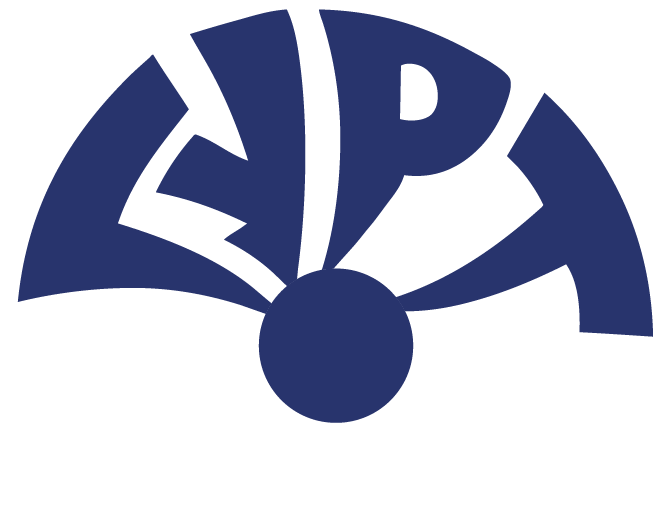

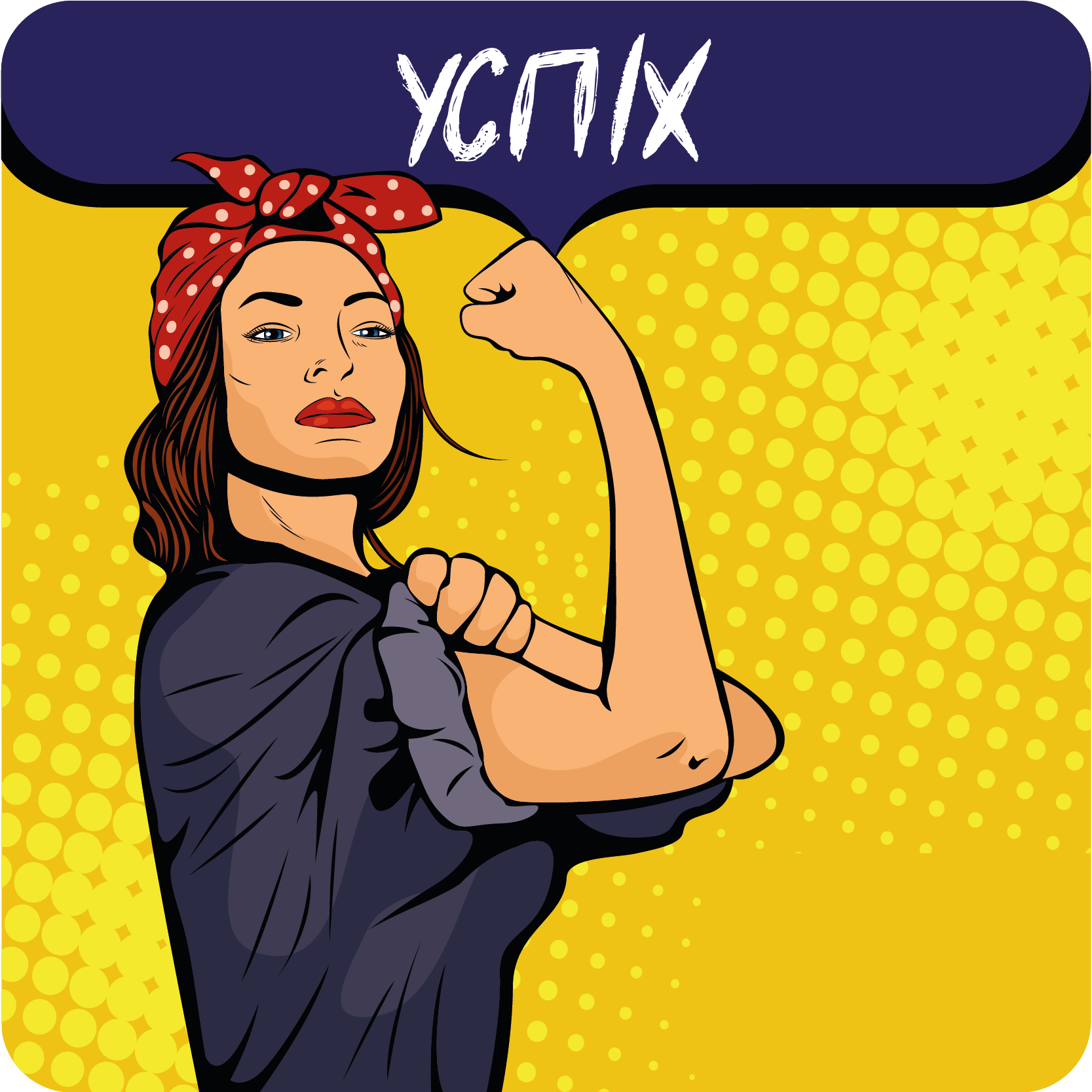
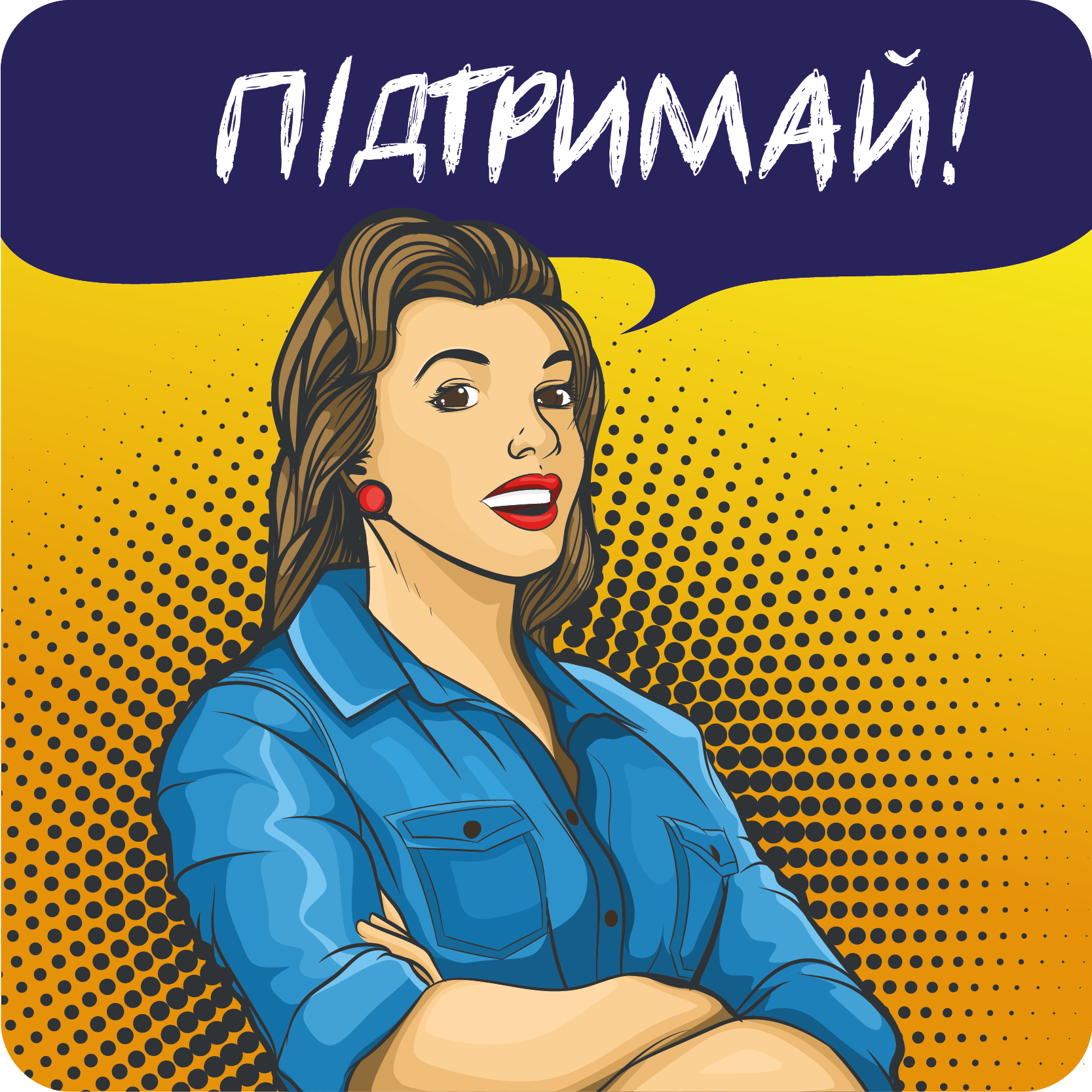


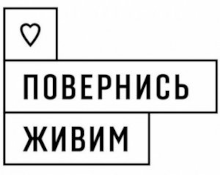
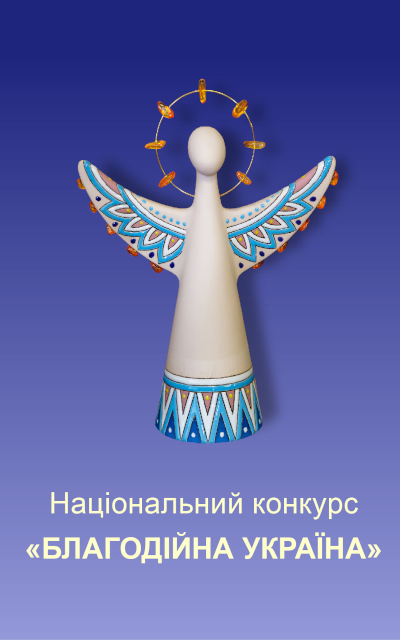
Коментарі